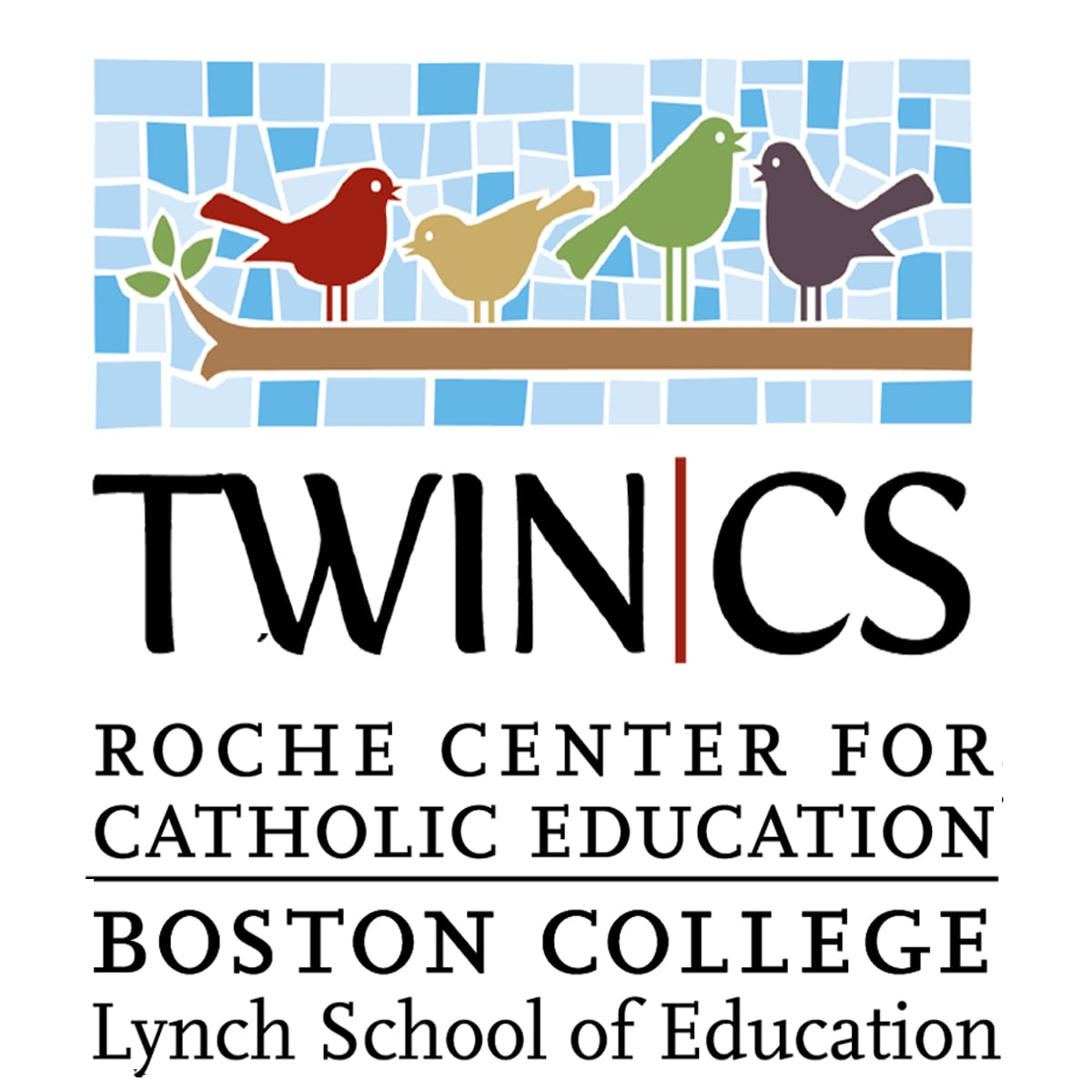Teaching Tolerance is a nonprofit organization that provides free resources to teachers, administrators and counselors “to inform their practices, and to create civil and inclusive school communities where children are respected, valued and welcome participants.” The mission of Teaching Tolerance is the promotion of social justice and anti-bias in our schools.
For those interested, Teaching Tolerance has a thorough 45-minute webinar about the “Best Practice to Serve ELLs and Their Families” available for perusal. This free webinar discusses social justice standards, ELL myths, and documented and undocumented students. In addition to the webinar, presentation slides and other supplementary resource materials are available to download.
Please find the registration link here. Once registered, the free webinar will open.
If Teaching Tolerance speaks to your role as an educator, then you might find Facing History and Ourselves an agreeable resource for your classroom. Facing History and Ourselves has a substantial amount of webinars, articles, and teaching strategies for educators looking to explore beyond established curricula.
TWIN educators might enjoy attending “Teaching Students to Stand Up for Democracy,” a webinar which discusses “questions of identity, prejudice and belonging, consider the importance of protecting human rights, reflect upon the values that are critical to a respectful, multicultural society, and [the inspiration] to Stand Up for our Democracy.” This webinar will commence on January 15, 2019.
While these sources aim to benefit your classroom, attending webinars such as these help us become better, more thoughtful educators.
-Melissa Hoppie, Graduate Student Researcher

